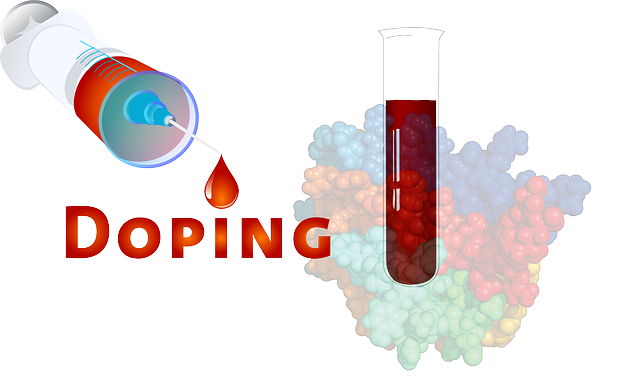Cholesterol blood tests are crucial for early heart disease detection. High LDL ("bad") cholesterol levels lead to plaque buildup, narrowing arteries and increasing cardiovascular risk. Regular testing, alongside other health factors, helps assess risk. Optimal cholesterol levels below 200 mg/dL reduce the chance of heart issues. Early intervention strategies like diet, exercise, weight management, smoking cessation, and medication can significantly improve health by managing cholesterol.
A cholesterol blood test is a powerful tool in heart disease prevention. Understanding your cholesterol levels is crucial for maintaining optimal heart health. This comprehensive guide delves into the process and significance of a complete cholesterol blood test, helping you navigate towards early detection and effective intervention strategies. Learn how this simple test can reveal valuable insights about your cardiovascular risk factors and empower you to take control of your heart’s future.
- Understanding Cholesterol and Its Impact on Heart Health
- What Does a Complete Cholesterol Blood Test Entail?
- Interpreting Results and Early Intervention Strategies for Heart Disease Prevention
Understanding Cholesterol and Its Impact on Heart Health
Cholesterol is a waxy substance found in all cells in the body, playing a vital role in maintaining overall health. However, it’s also a key factor in heart disease development. High cholesterol levels, particularly of LDL (low-density lipoprotein) cholesterol, often referred to as ‘bad’ cholesterol, can lead to a buildup of plaque in the arteries. This plaque accumulation narrows the arteries, restricting blood flow to the heart and increasing the risk of cardiovascular events like heart attacks and strokes.
Regularly getting a cholesterol blood test is an essential step in early heart disease detection. This simple procedure measures the levels of different types of cholesterol in your blood, providing valuable insights into your cardiovascular health. By understanding your cholesterol numbers, you can make informed decisions about lifestyle changes or medical interventions to manage and potentially prevent heart-related issues.
What Does a Complete Cholesterol Blood Test Entail?
A complete cholesterol blood test is a crucial diagnostic tool for early heart disease detection. It involves drawing a small sample of your blood to measure several types of cholesterol and triglycerides, which are fats that travel in your blood. This includes low-density lipoprotein (LDL) cholesterol, often referred to as “bad” cholesterol, high-density lipoprotein (HDL) cholesterol, known as “good” cholesterol, and triglycerides.
The test provides a comprehensive view of your lipid profile, helping healthcare professionals assess your cardiovascular health risk. It’s important to note that while this test is valuable, it’s just one piece of the puzzle in understanding heart disease risk. Other factors like age, family history, blood pressure, smoking status, and diabetes also play significant roles and should be considered alongside the cholesterol blood test results.
Interpreting Results and Early Intervention Strategies for Heart Disease Prevention
After receiving your cholesterol blood test results, it’s crucial to understand what they mean. Total cholesterol is measured in milligrams per deciliter (mg/dL). Levels below 200 mg/dL are considered optimal, 200-239 mg/dL as borderline high, and 240 mg/dL and above as high. Interpret your results in conjunction with other factors like age, gender, and family history to assess your risk for heart disease.
If your cholesterol levels indicate elevated risk, early intervention strategies can make a significant difference. Lifestyle modifications such as adopting a heart-healthy diet (reduced saturated fat and trans fats), engaging in regular physical activity, maintaining a healthy weight, and quitting smoking can lower LDL (“bad”) cholesterol and triglycerides while increasing HDL (“good”) cholesterol. In some cases, medication may be prescribed to help manage high cholesterol levels and reduce the risk of heart disease progression.
A complete cholesterol blood test is a powerful tool in detecting heart disease at its earliest stages. By understanding your cholesterol levels and taking proactive measures, you can significantly reduce the risk of cardiovascular issues. Regular screening and early intervention are key; this simple test can be a game-changer in maintaining a healthy heart, ensuring a longer, vibrant life. Remember, prevention is always better than cure.
